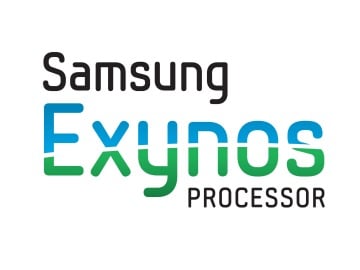Samsung is one of the world’s largest chip manufacturers, but the South Korean doesn’t excel in all facets of hardware manufacturing. Its application processors, mainly products in the Exynos line, aren’t doing all that well, and have taken a nose dive as far as market share is concerned. Samsung is credited with building the first octa-core processor in the Exynos 5420, but a lack of LTE-A modem and 4K video recording has meant that the utility of the SoC is limited. Currently, Qualcomm leads the mobile SoC field, but it looks like Samsung is staging a comeback this year.
Industry sources mentioned that sales of application processors increased by over 10 percent last month compared to a year ago. A source familiar with the matter said, “Early year shipments have risen (compared to last year). There is still some uncertainty, but system semiconductors business will fare better than last year.”
The increased forecast is likely due to new processors that will be unveiled in the coming months. One such offering is a hexa-core processor that will be used in the Galaxy Note 3 Neo. Further down the line, Samsung is looking to build a 64-bit SoC. The Exynos line hasn’t fared well against Qualcomm’s Snapdragon, but this year Samsung is set to take the fight to Qualcomm with renewed vigor. Samsung is looking to do that by launching more tablets that run Exynos, in addition to finding new clients that will use Exynos hardware in their offerings. With LG also set to enter the custom SoC market this year, it should be interesting to see how things turn out.
Samsung has already launched four tablets this year, three in the Tab Pro series and one Note Pro. While the LTE versions of these tablets feature Qualcomm hardware, the 3G variants feature Exynos. The South Korean manufacturer is linked with launching a host of mobiles, both in the entry-level and mid-tier segments, and considering that these will be targeted at emerging markets, it is likely that they will also feature Exynos hardware. Strategies like this might succeed in increasing the Exynos market share in the long run, as Samsung is still the largest handset vendor by a mile.






